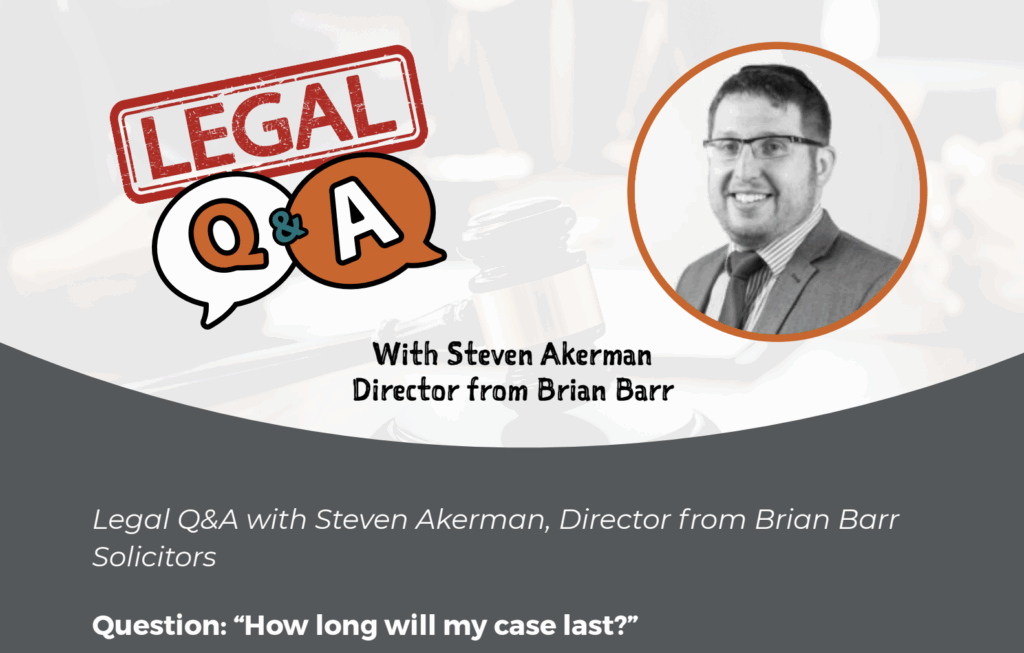Fibromyalgia can affect people of all ages and backgrounds, but it is seven times more likely to be diagnosed in women than men. The condition tends to develop between the ages of 30 and 50, however, it is not uncommon for it to occur in people of all ages, from the very young to elderly.
It’s not clear what causes fibromyalgia although it may be caused – or exacerbated by – physical traumas, such as car accidents and falls, often due to no fault of the patient. It can also start after a stressful event, like the death of a loved one.
Possible triggers for the condition include:
- An injury
- A viral infection
- Genetics
- Stressors such as being born premature, traumatic life events such as abuse, accidents, or being deployed to war
Physical Trauma and Fibromyalgia
Many people suffering from fibromyalgia date their condition back to a traumatic event. It does not need to be associated to a trauma to the spine, and many experts link fibromyalgia symptoms to injury that affects the head and neck, and claim that traumatic triggers of fibromyalgia can be much more widespread.
Although experts are increasingly aware of the correlation between trauma and fibromyalgia, many doctors are not. It is possible for a car accident to cause fibromyalgia although the condition can be misdiagnosed as whiplash. If you’re looking to make a claim about fibromyalgia that was caused by an accident through no fault of your own, the general rule is that you must claim within three years of knowledge of the negligence which caused your symptoms. There are of course exceptions to this rule however the sooner you act and seek specialist help, the better.
What Are the Symptoms of Fibromyalgia?
Fibromyalgia affects people differently but the main symptoms you should look out for include:
- widespread muscle pain and joint pain
- fatigue
- poor sleep
- anxiety or depression
- digestive problems, including diarrhoea or constipation, and IBS
- stiffness
- face or jaw pain (temporomandibular disorders)
- headaches or migraines
- memory problems
- extreme sensitivity and tingling or numbness in hands or feet
What Triggers a Fibromyalgia Attack?
Fibromyalgia flare-ups are common and certain things can trigger fibromyalgia symptoms, especially stress. Increased pain and worsening fatigue are the hallmarks of a fibromyalgia flare-up, although additional symptoms may also occur during flare-ups, including increased difficulty with sleep, increased trouble thinking (cognitive dysfunction), digestive difficulty (such as acid reflux), swollen extremities, and numbness and tingling.
Flare ups can happen without warning and a flare-up can last anywhere from a few days to weeks at a time, although research has shown that certain things can bring on a fibromyalgia flare-up including:
- changes in daily routines
- dietary changes or a poor diet
- hormone fluctuations
- lack of sleep
- work related stress
- illness
- emotional stress
- treatment changes
- change in sleep patterns
- weather or temperature changes
Fibromyalgia can arise through the experience of one or many physical or emotional traumatic events, which create stress and distress for individuals, and in turn effect changes in the brain and central nervous system. There is no cure for fibromyalgia but many people who have been diagnosed with the syndrome are able to live a healthy and full life, especially those considered to be suffering with the lower level, less severe versions of the syndrome. It is important to try to manage and improve fibromyalgia syndrome and follow the advice of doctors and other medical professionals at the earliest opportunity.
If you are suffering from fibromyalgia, CRPS, or any chronic pain condition as a result of an accident that was not your fault, and even if you have an existing claim, get in touch with our accident solicitors in Manchester to see if we can help with your chronic pain or fibromyalgia claim. It is simple and hassle free to move your claim to Brian Barr Solicitors who are experts in dealing with chronic pain litigation. Call us today on 0161 737 9248 or visit our website (www.brianbarr.co.uk) to find out more.
We do not endorse any research, studies or sources mentioned within our blogs and comments. The blog is for information purposes only as we are not medical professionals. We do not endorse any medical advice provided and would strongly recommend anyone seeking medical advice to contact their local healthcare provider before any changes to treatment and / or management of your condition is undertaken.
















